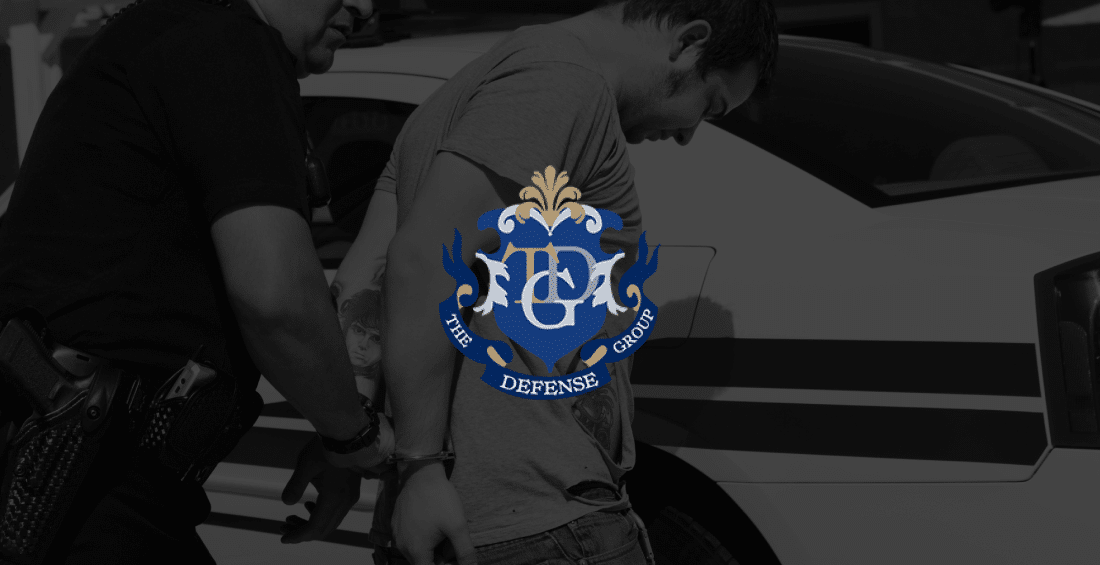In Florida, individuals who commit three or more violent felonies face elevated penalties. The law is used to give convicted criminals the maximum prison sentence available once they have committed a third felony. The purpose of the law is to deter habitual offenders from committing their third and final offense because they wish to avoid severe consequences.
Violent felonies can include the following:
-
Robbery
-
Kidnapping
-
Carjacking
-
Voluntary manslaughter
-
Murder
-
Rape
If an individual has committed three or more of these felonies, then a judge is obligated to assign them the mandatory minimum sentence for the crime committed. That sentence depends on the nature and the severity of the crime. For instance, the mandatory minimum sentence for a first-degree felony is 30 years in prison.
What is a Habitual Offender?
The three strikes law in Florida is meant to target habitual offenders, or “career criminals,” who have been convicted of a felony multiple times. To be labeled as a habitual offender, individuals must meet certain criteria.
The criteria for a habitual offender include:
-
The current crime is a violent felony
-
The current crime was committed within five years of serving time for a different conviction
-
The individual has been convicted of two violent felonies in the past
-
The convictions took place on two separate occasions
-
The individual has not been pardoned for a past violent felony
Once an individual is labeled as a habitual offender, the court is obligated to give them the mandatory minimum sentence for the crime committed. Even if a judge would typically grant leniency, the three strikes law prevents them from doing so in most cases.
What Are the Penalties Under the Three Strikes Law?
Career criminals convicted under Florida’s three strikes law must receive the mandatory minimum sentence for their crime. However, that sentencing can vary depending on the nature of the felony.
Generally, the minimum penalties for felonies are as follows:
-
First-degree felonies: 30 years in prison
-
Second-degree felonies: 15 years in prison
-
Third-degree felonies: 5 years in prison
It is important to note that these are mandatory minimum sentences, meaning a judge could still impose further sentencing on career criminals. Longer prison times and fines may also apply, especially if the felony was especially violent or sexual in nature. However, there are exceptions to this rule. For instance, if an offender was a juvenile when their first offense was committed, that offense may not count toward the three strikes rule. Similarly, if an individual is convicted of a non-violent felony as their third strike, the judge may be able to avoid assigning the mandatory minimum sentence.
What is the History of the Three Strikes Rule?
In Florida, the three strikes rule was introduced and passed in 1995 as an effort to keep career criminals off the street. It was first proposed after a long stint of high-profile crimes were committed in Florida. Citizens and lawmakers wanted a way to impose harsher penalties and keep repeat offenders from committing more crimes. Lawmakers have reported success, and many praise the three strikes rule as a way to lower crime rates around the state.
Because the three strikes rule is so harsh, it has faced criticism since being passed. Many individuals feel that the law is too harsh and takes power away from judges when assigning sentences to convicted criminals. The law is also seen to disproportionately affect lower-income people and minorities, who are the most likely to be repeat offenders.
How Can a Defense Attorney Help Me?
Florida’s three strikes rule was enacted to discourage repeat offenders from committing more crimes. In practice, being convicted of a third felony often means years (if not decades) spent in state prison. If you have been charged with a felony and you already have a criminal record, an experienced defense attorney can represent you in court and during negotiations to potentially reduce or remove the penalties against you. Our team will assess your case and create a personalized legal strategy to get the outcome you deserve.
Don’t hesitate to reach out if you have been arrested or are facing a criminal conviction. Contact The Defense Group today by calling 407-743-8430.









